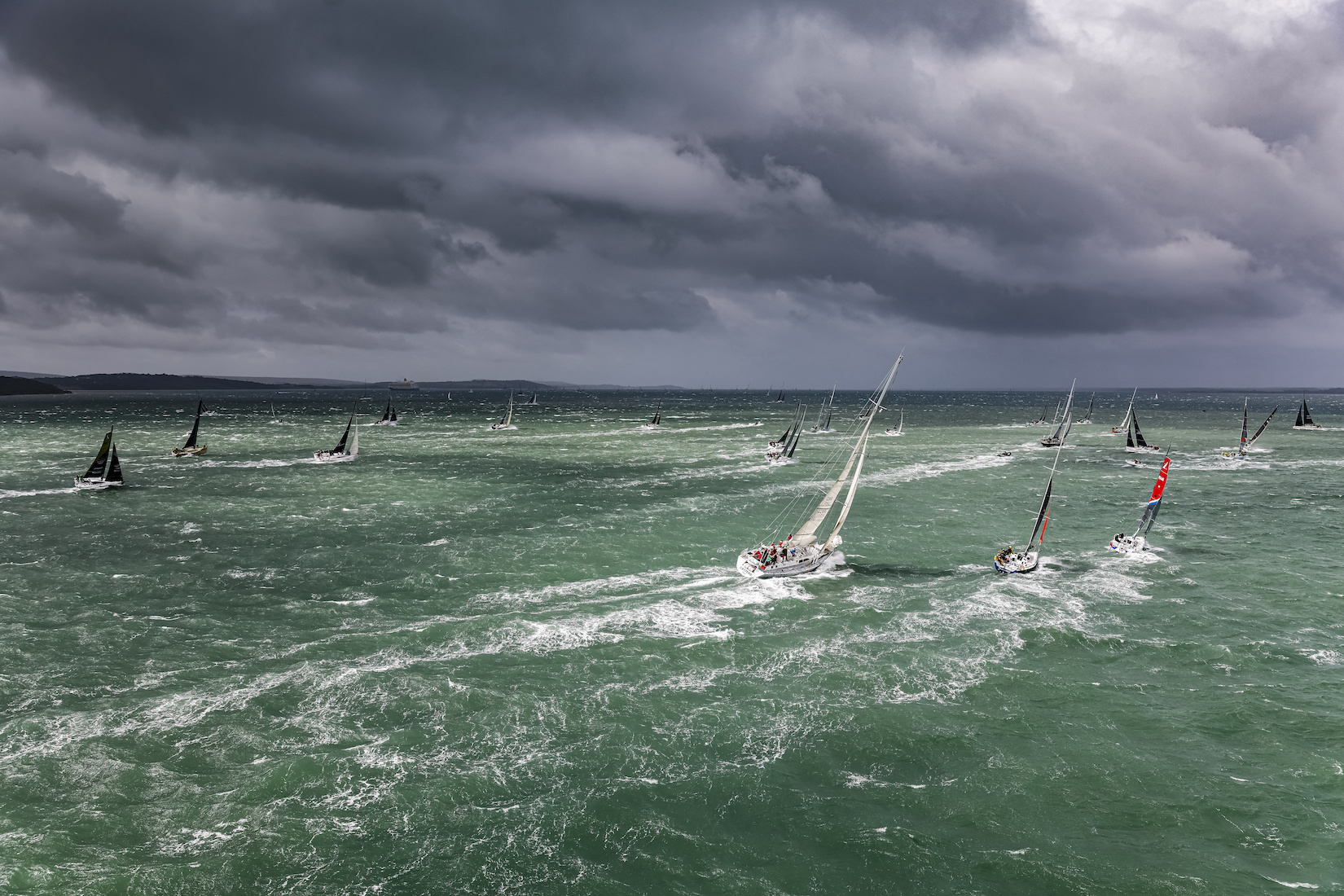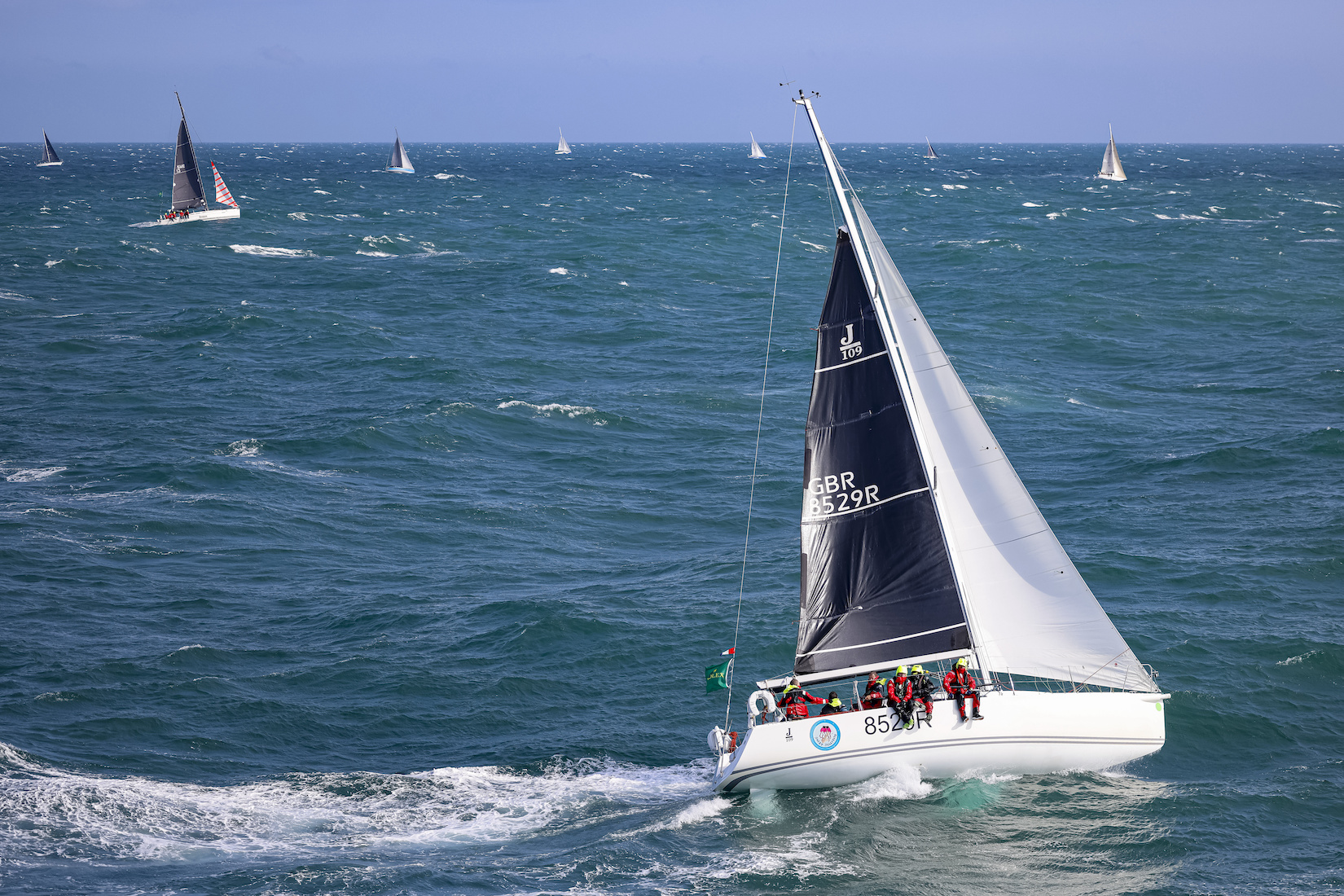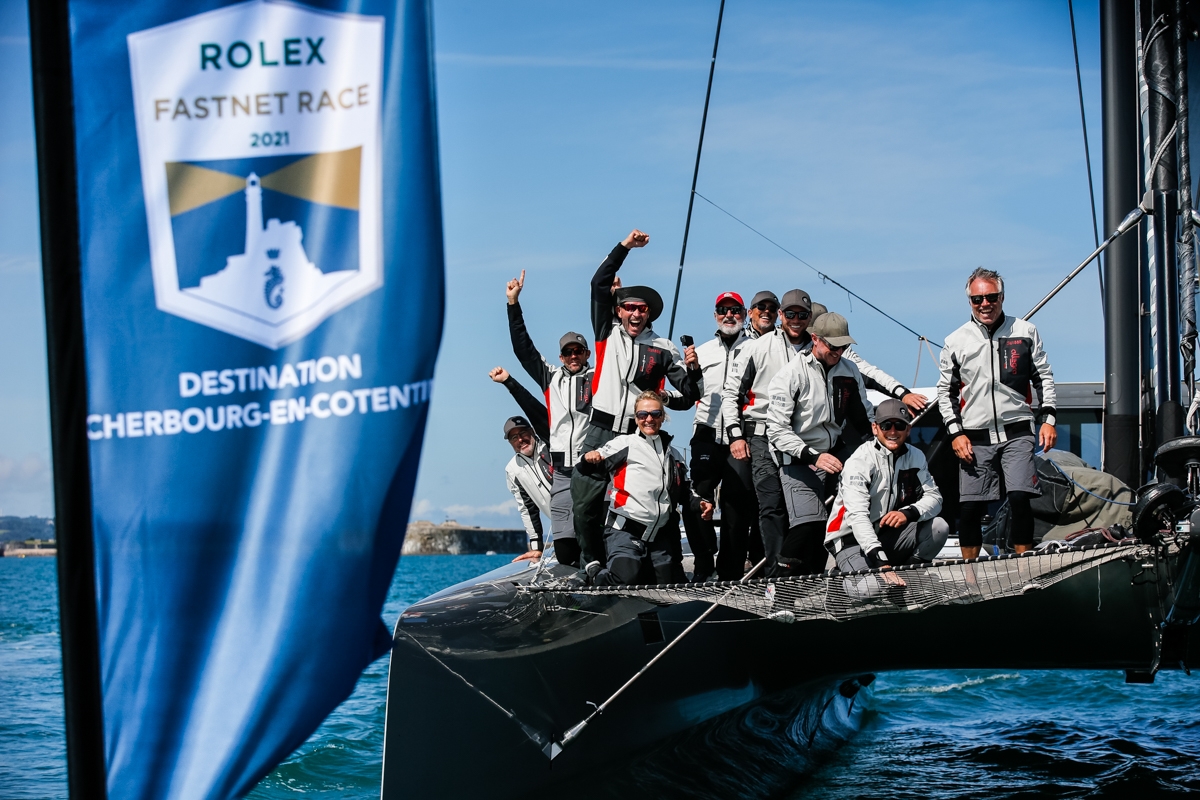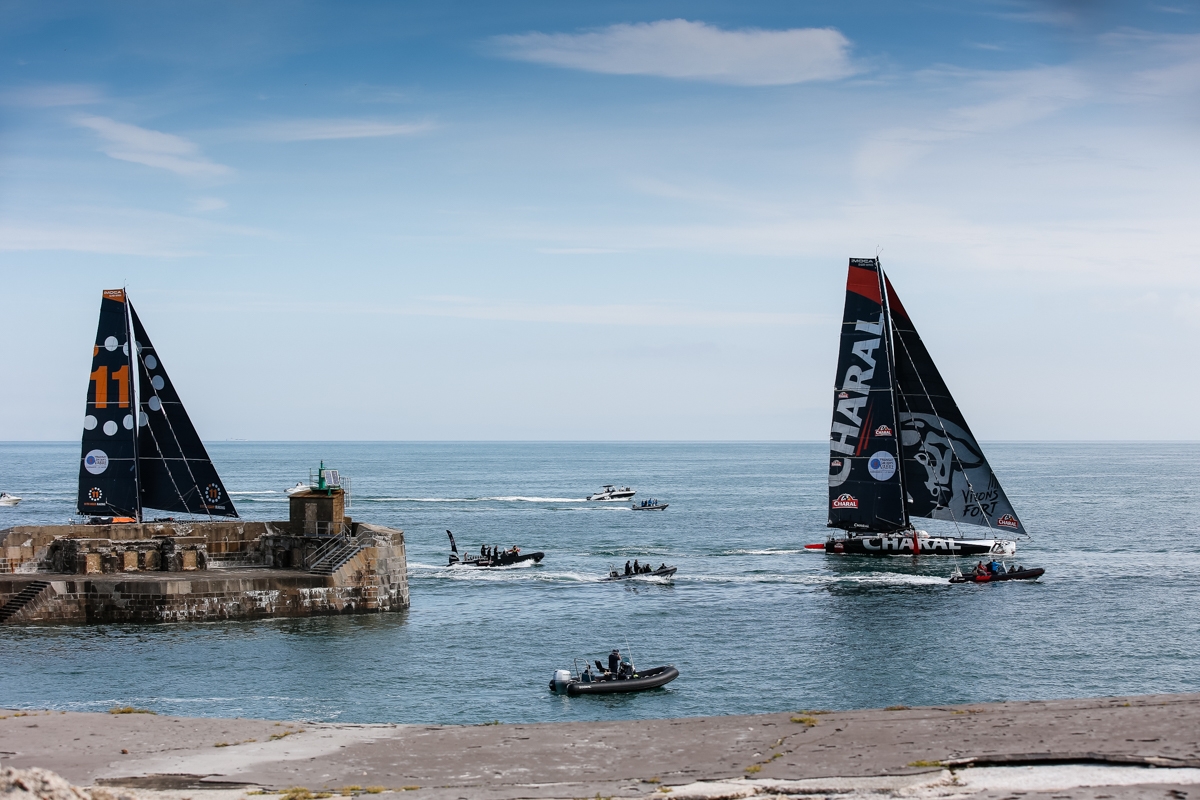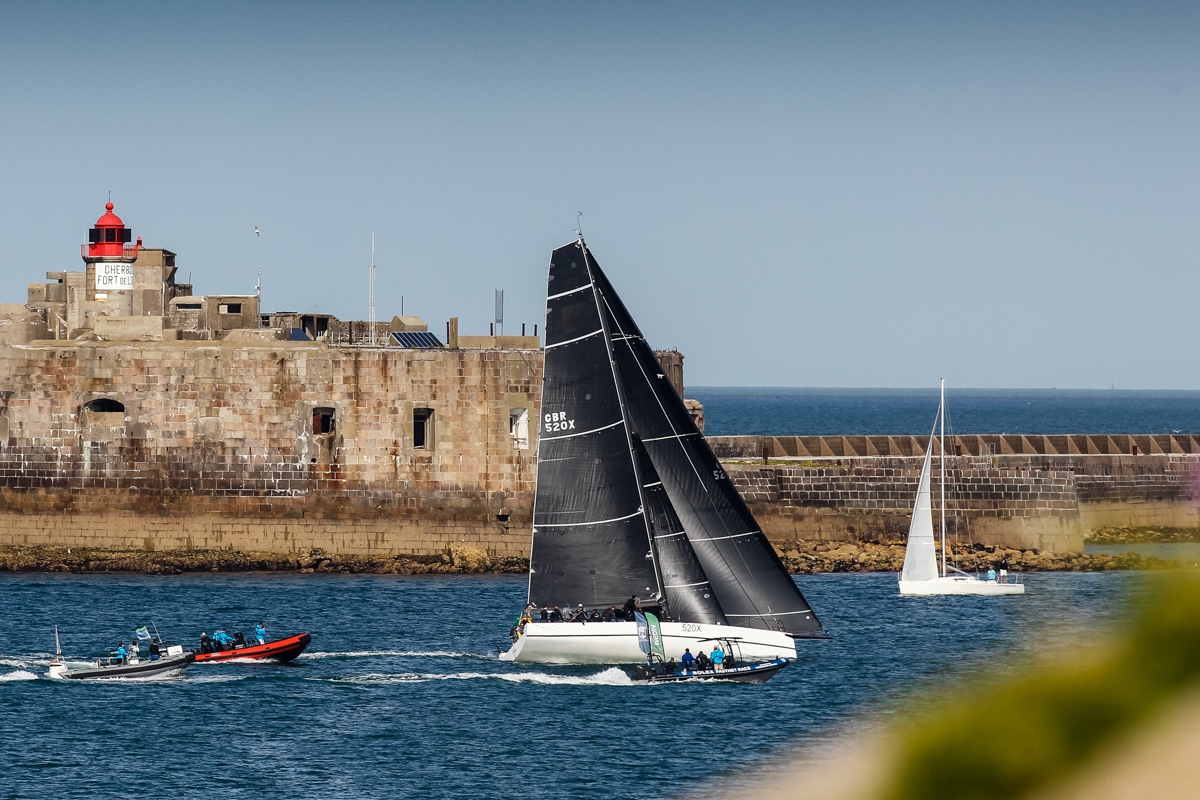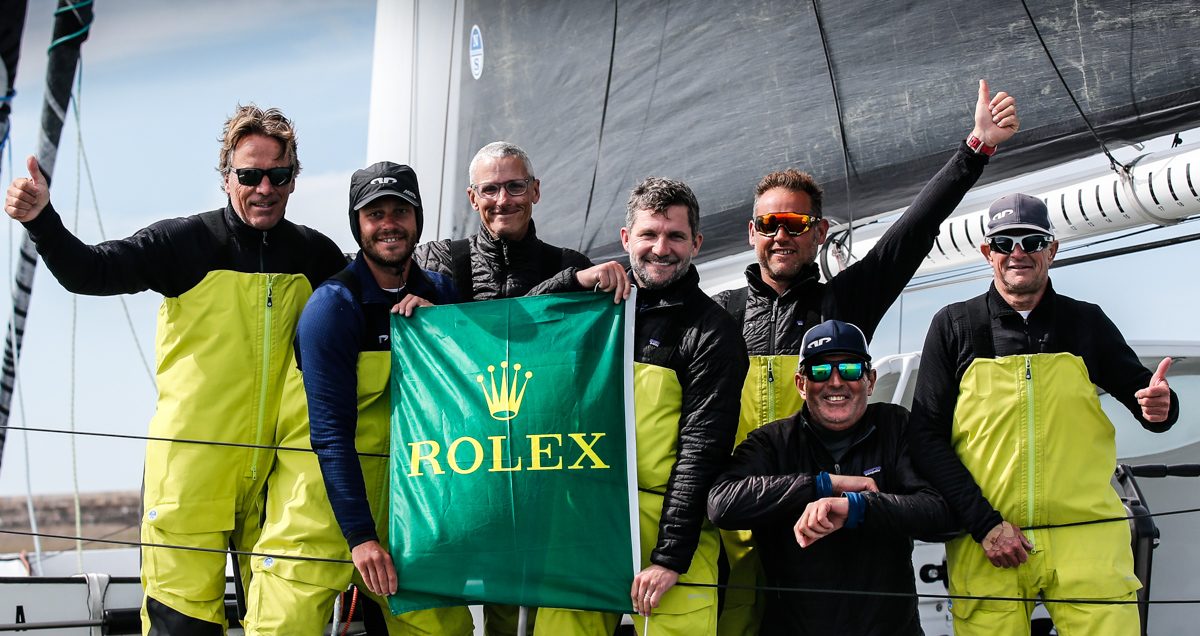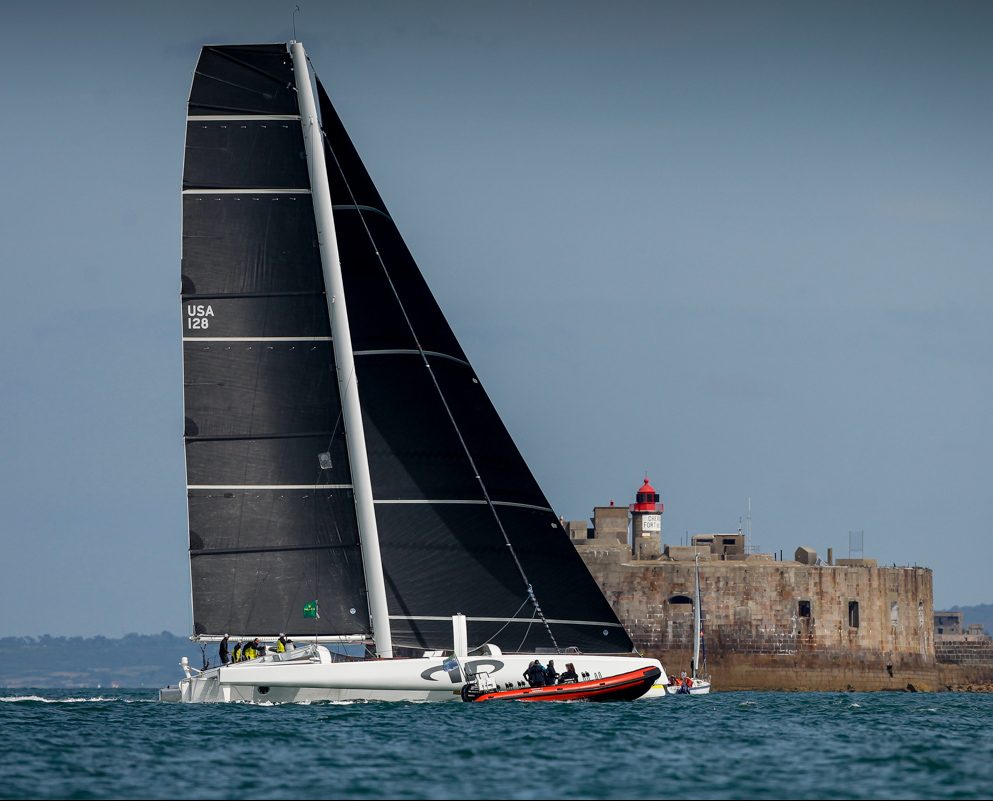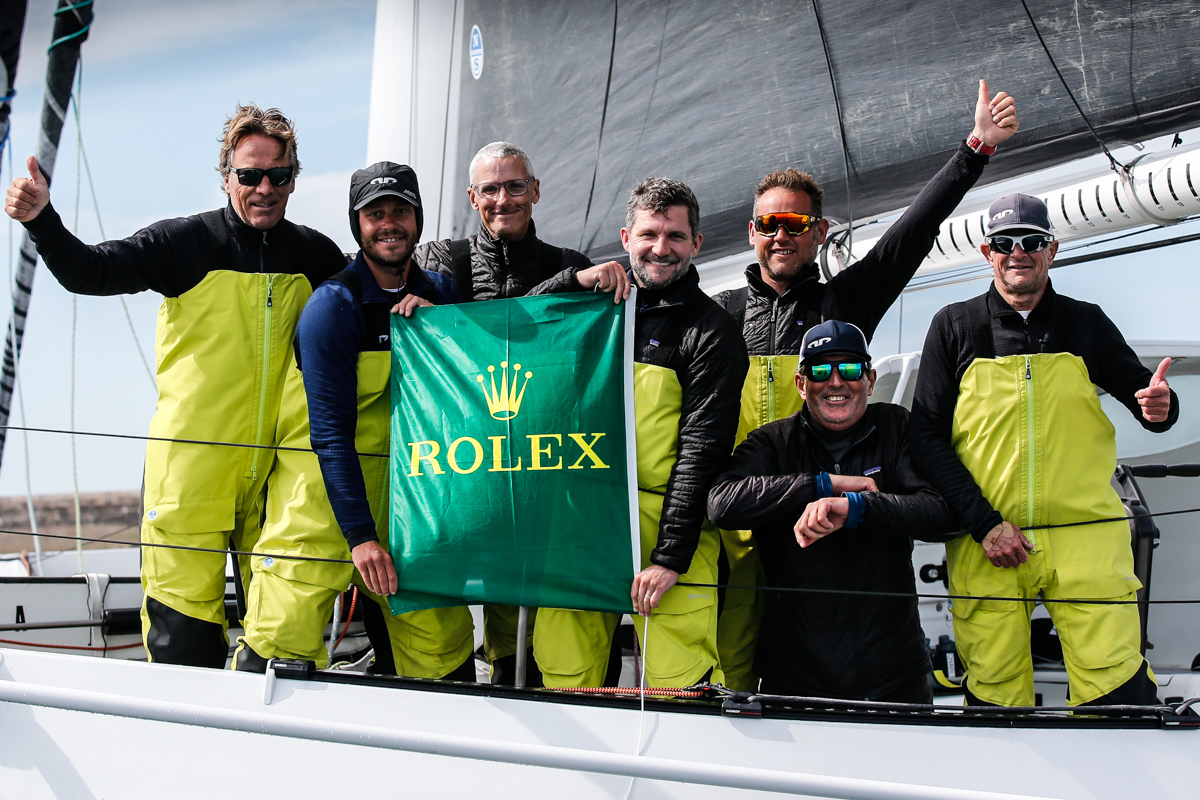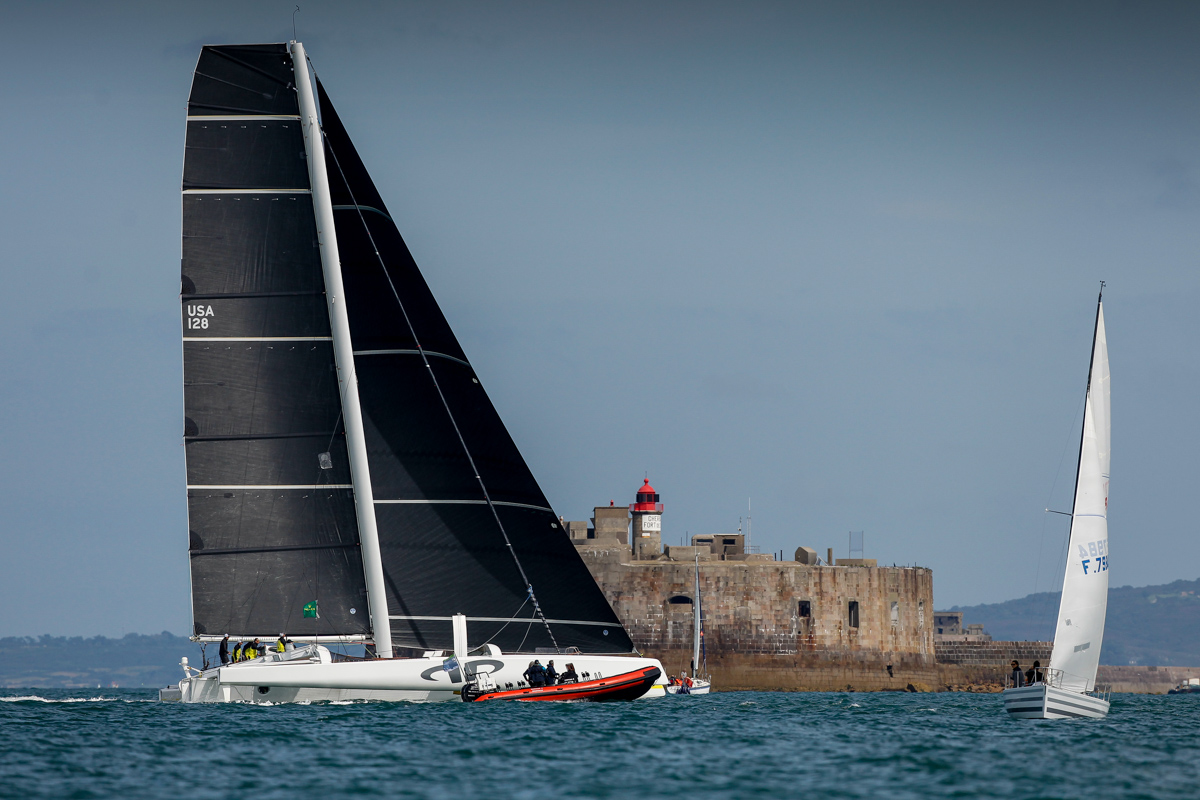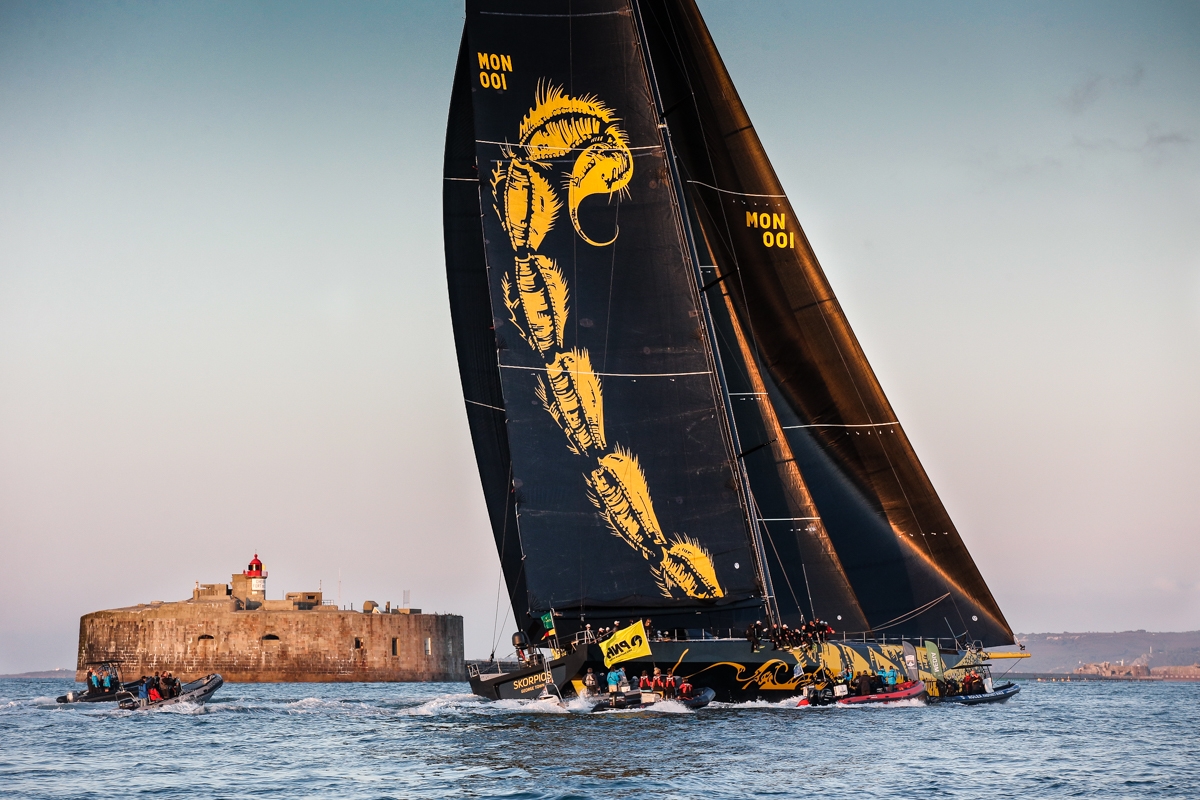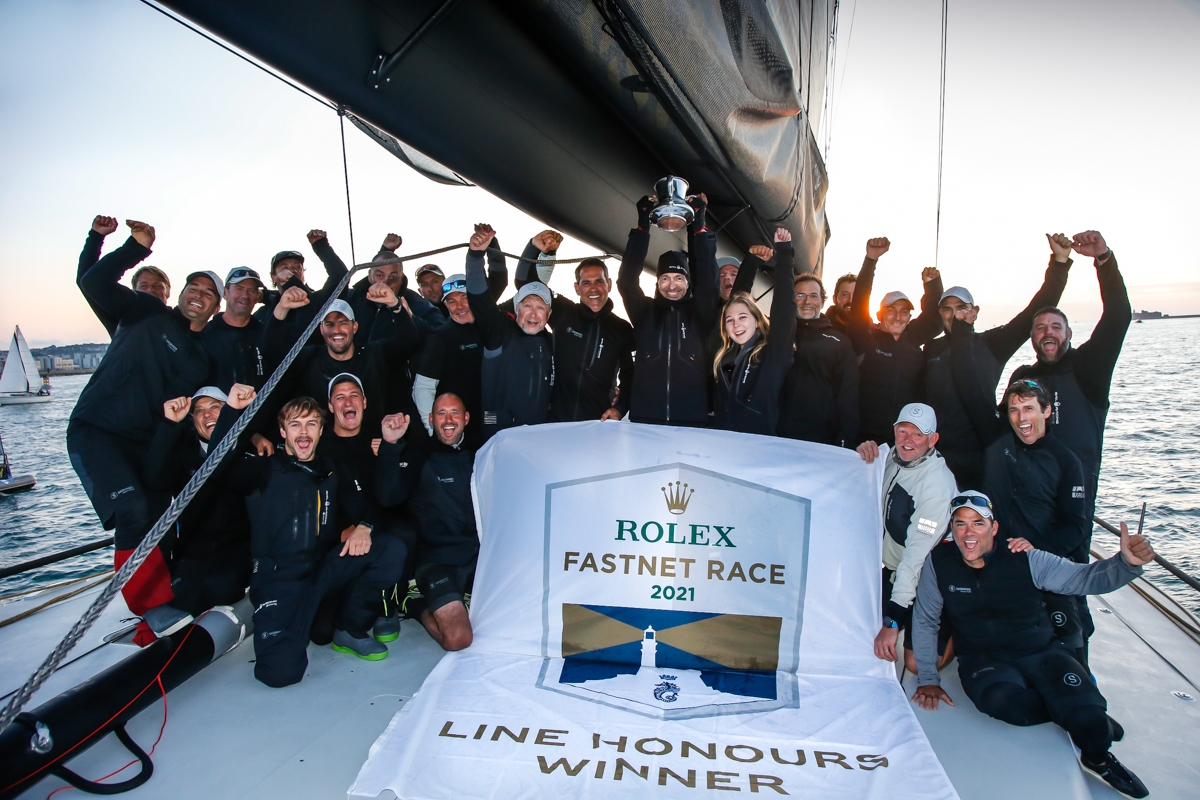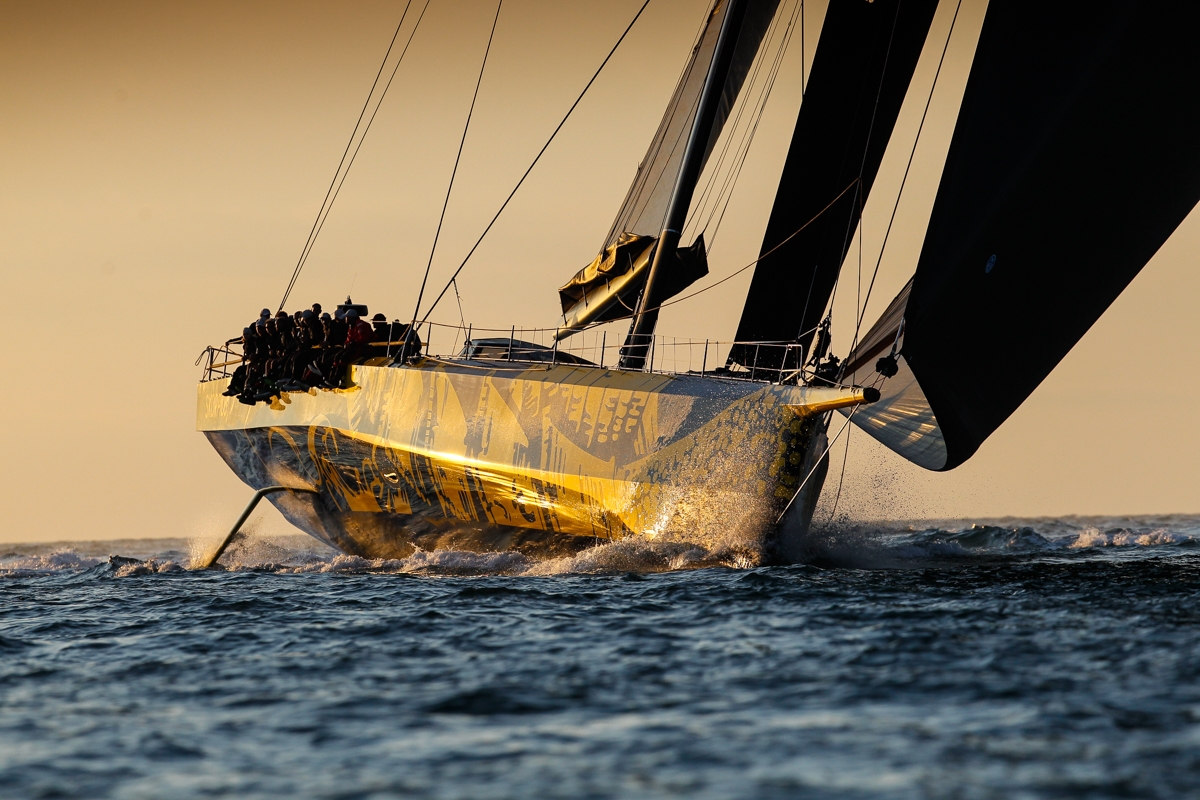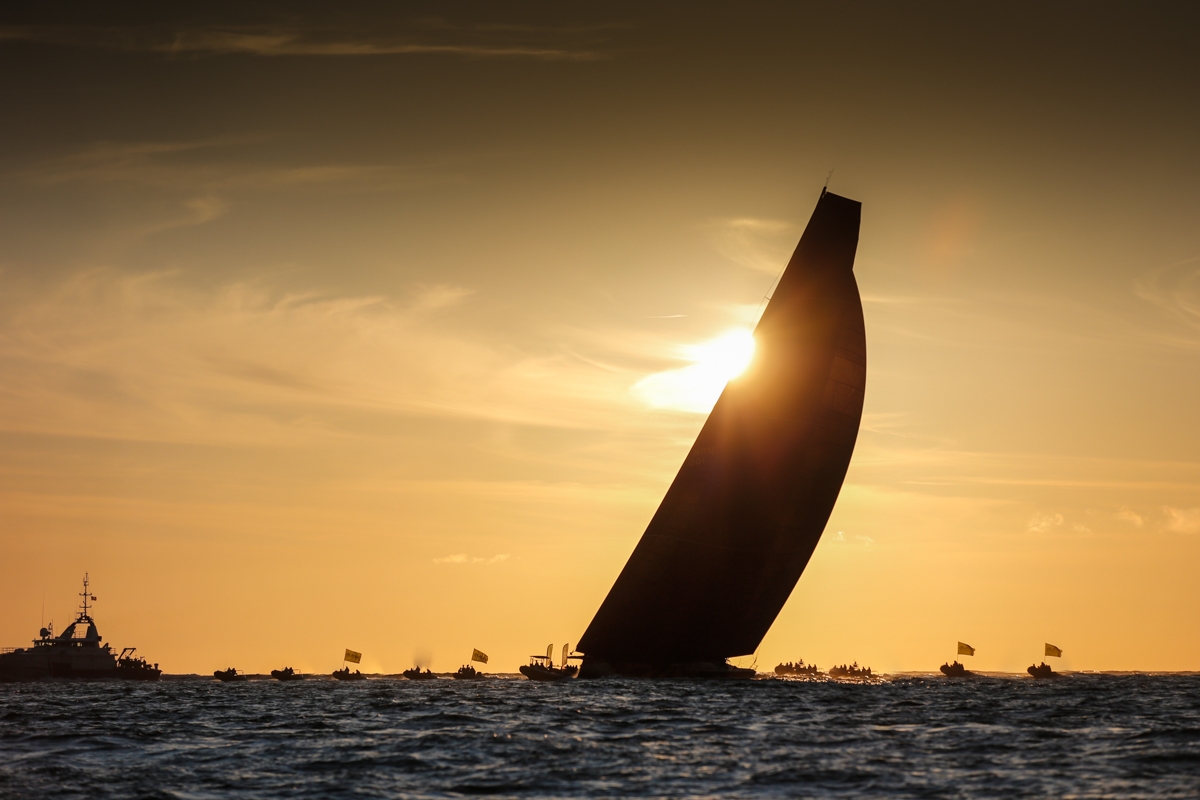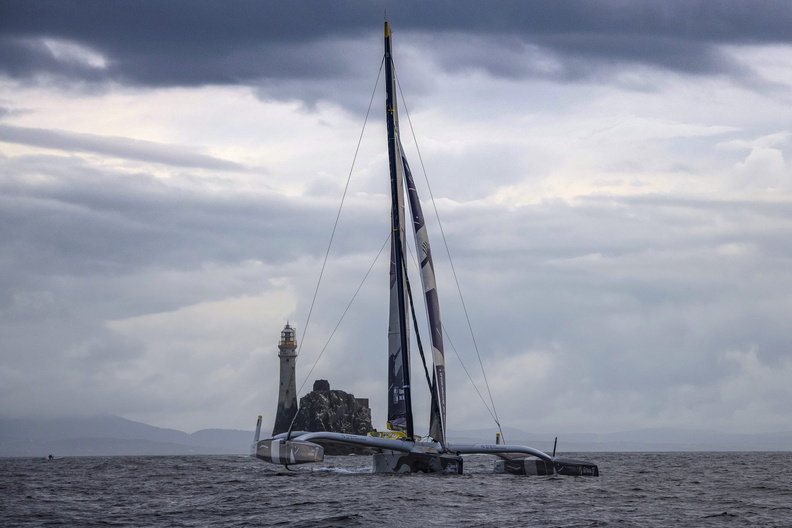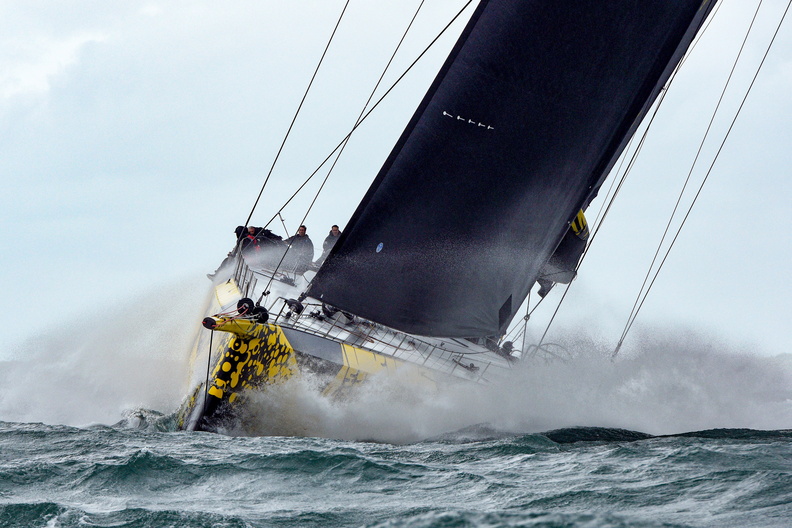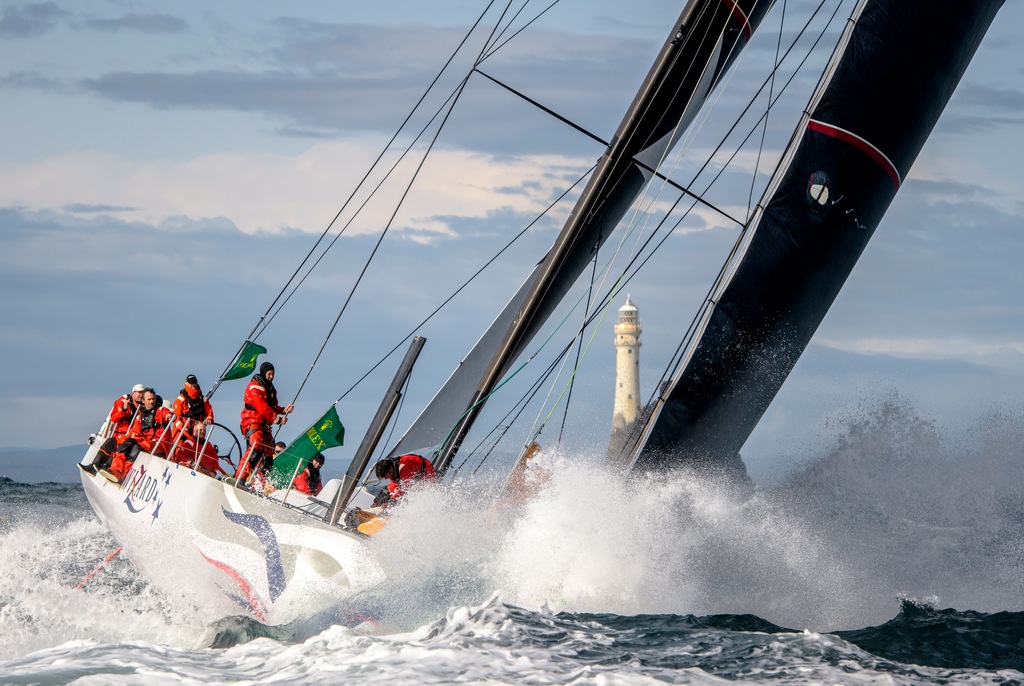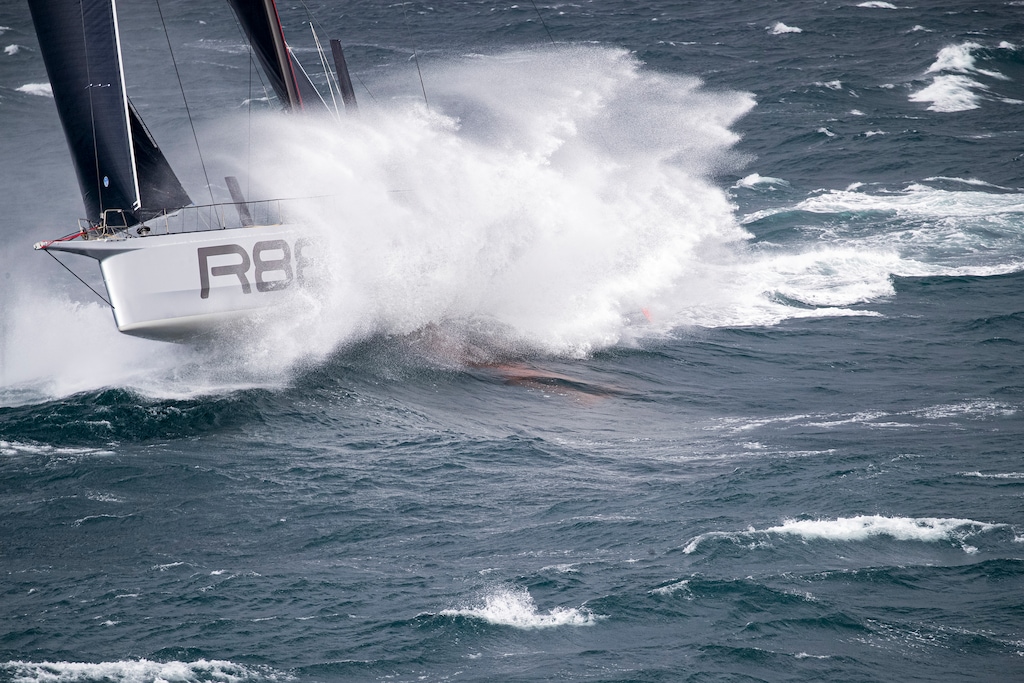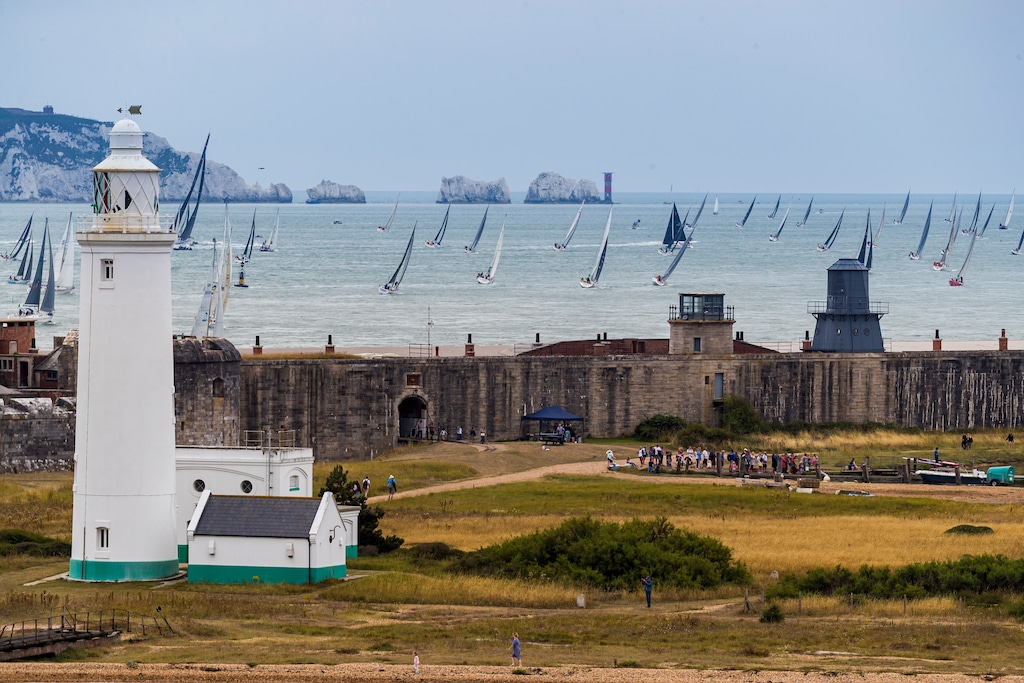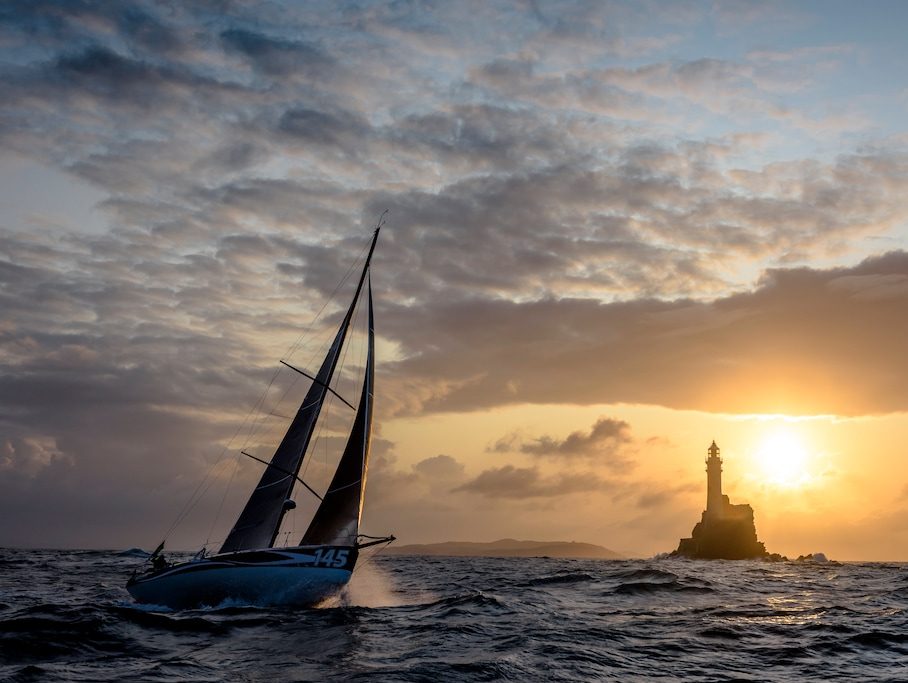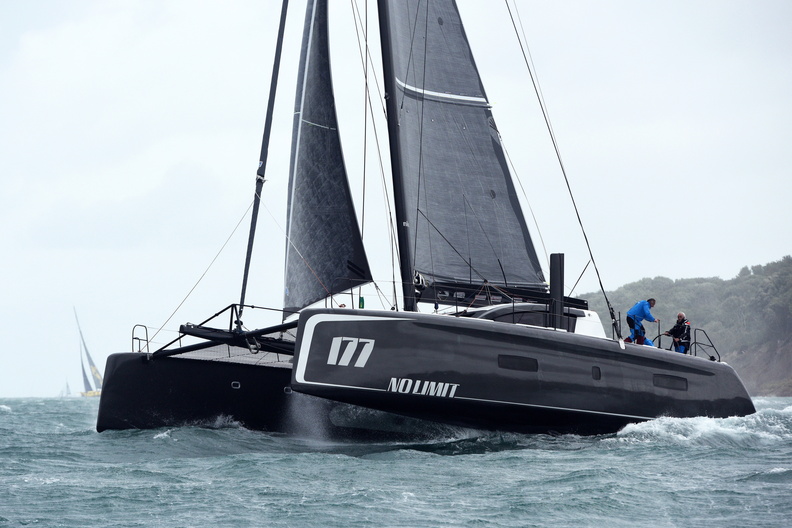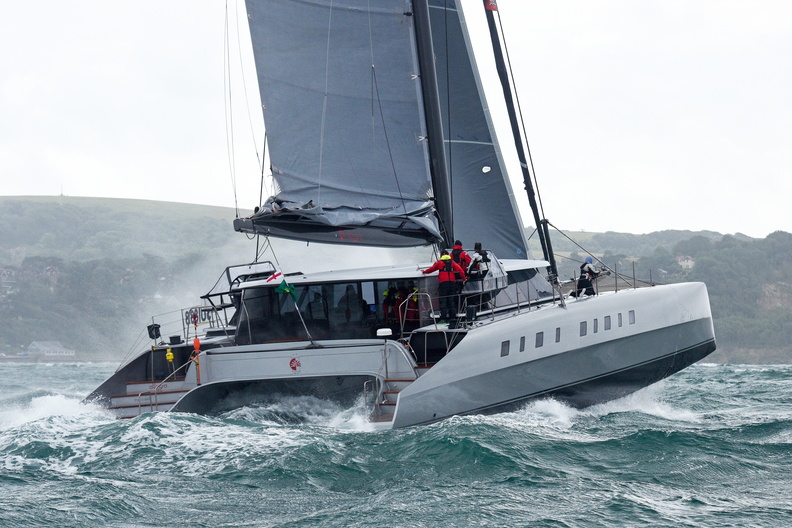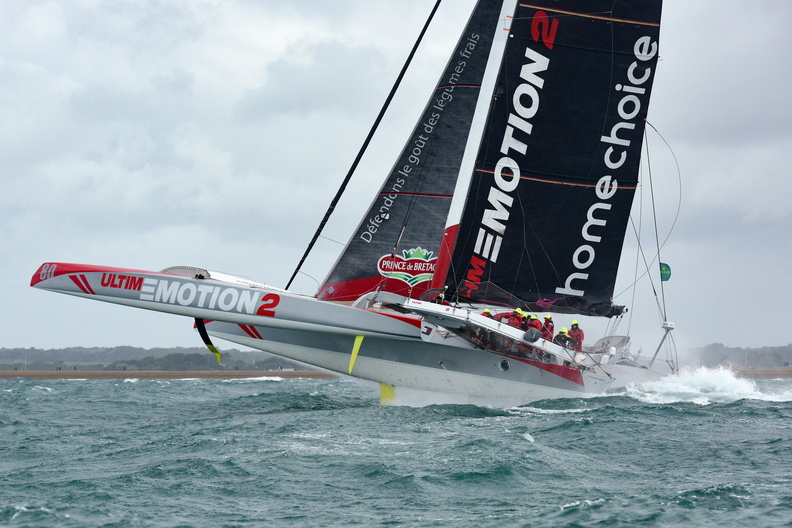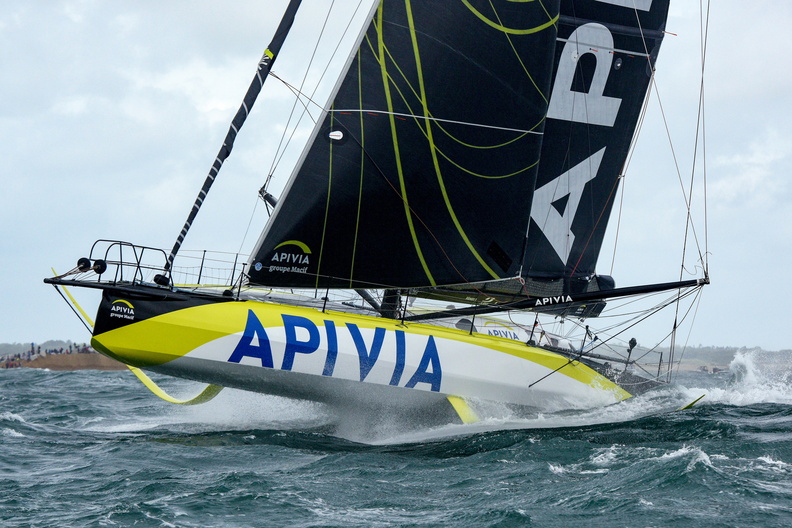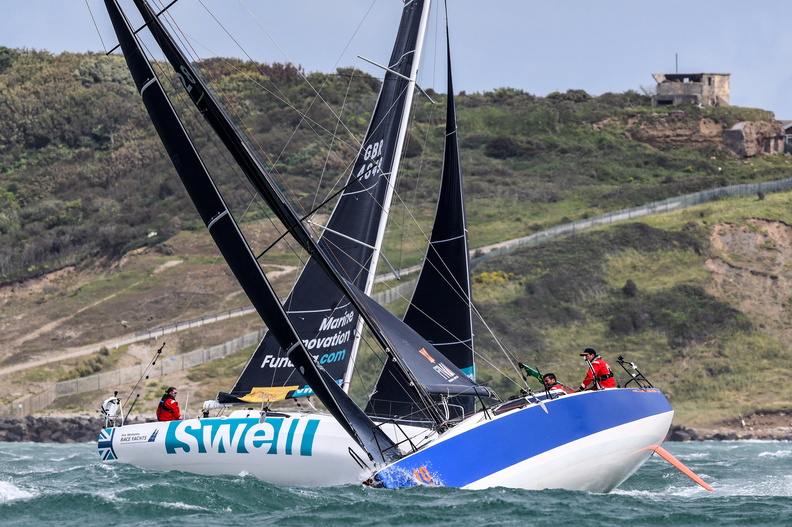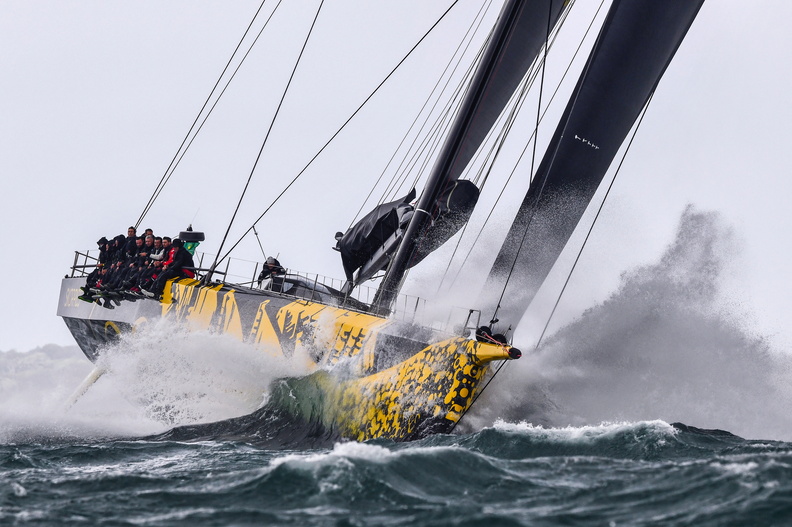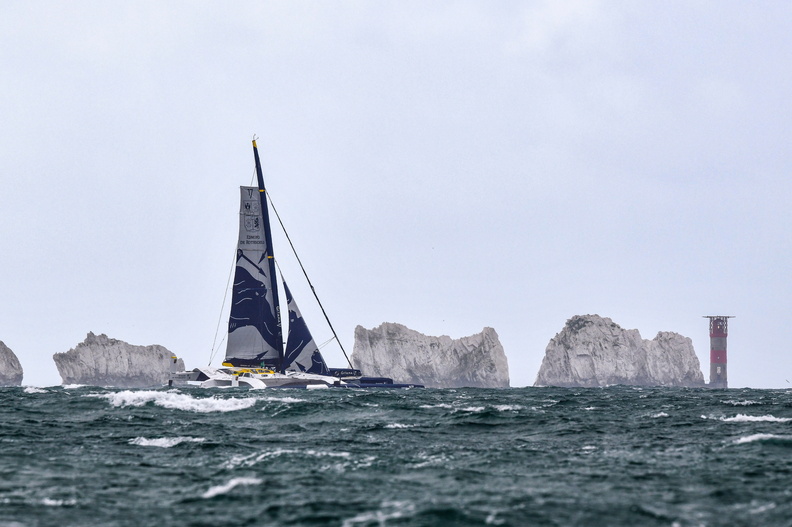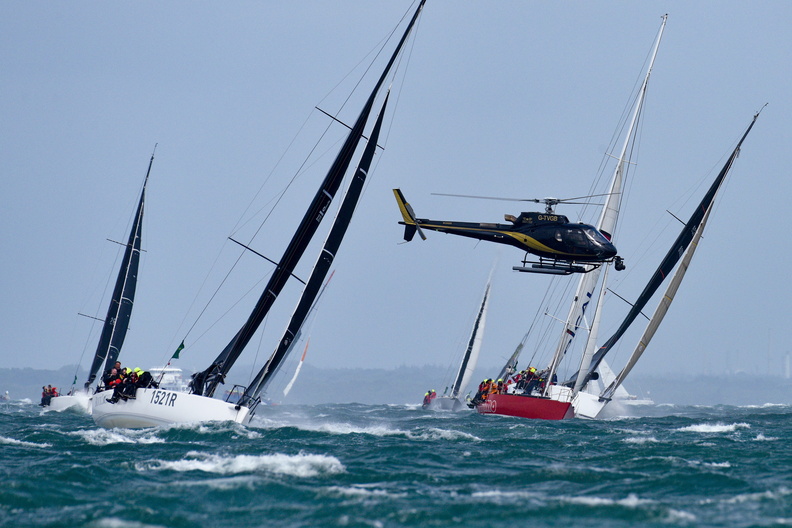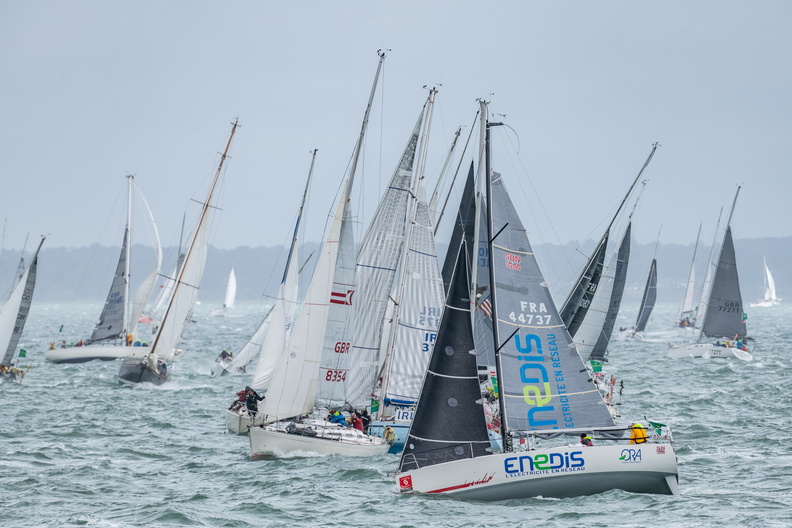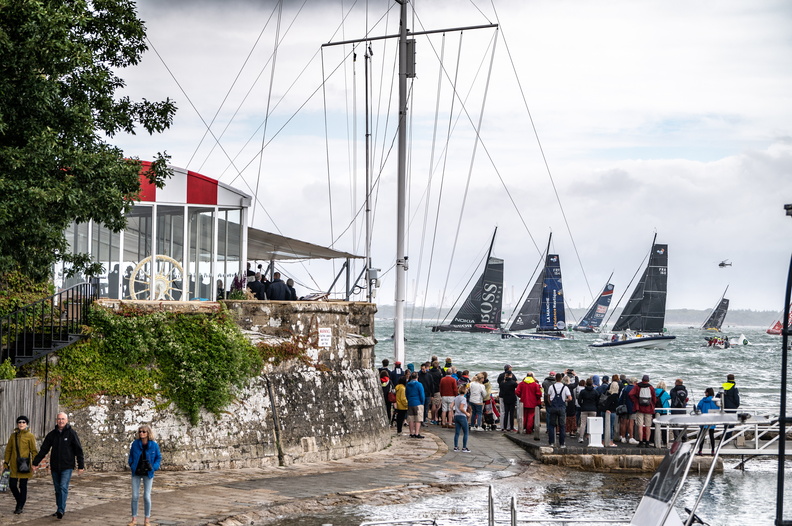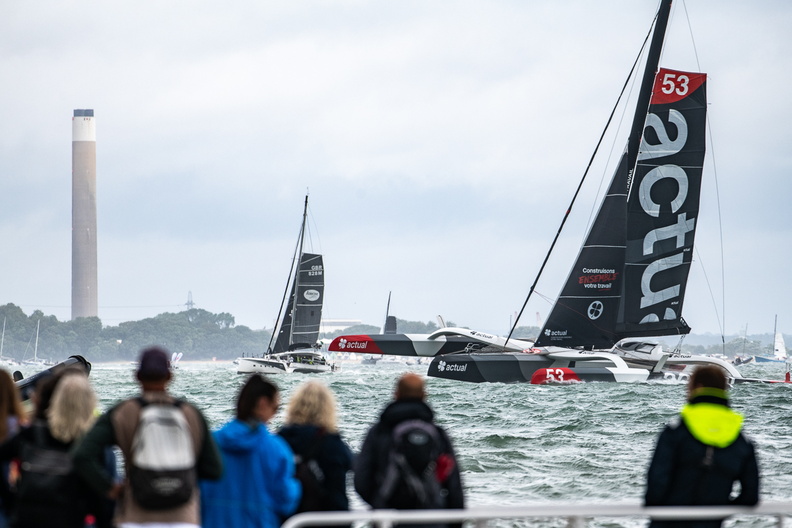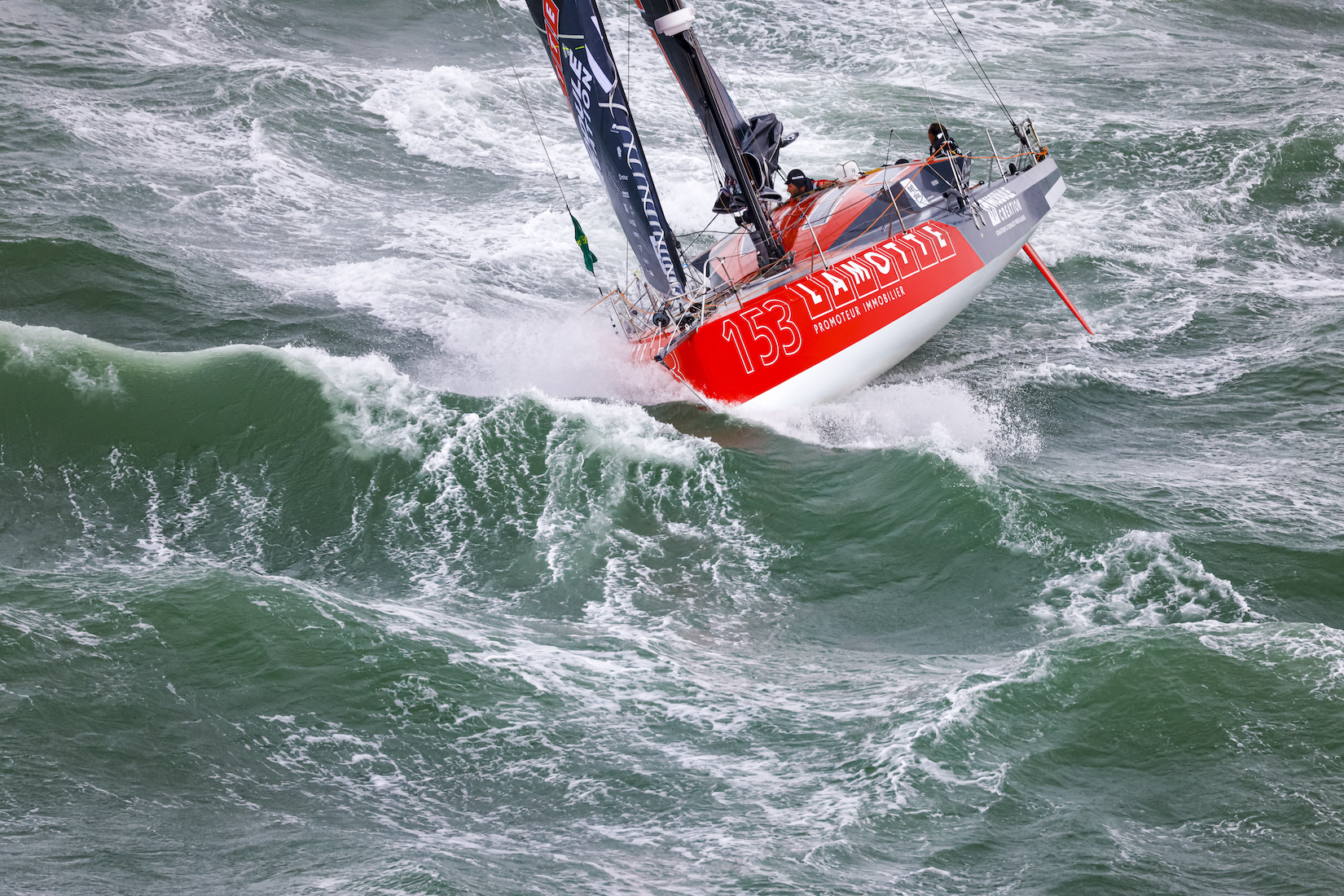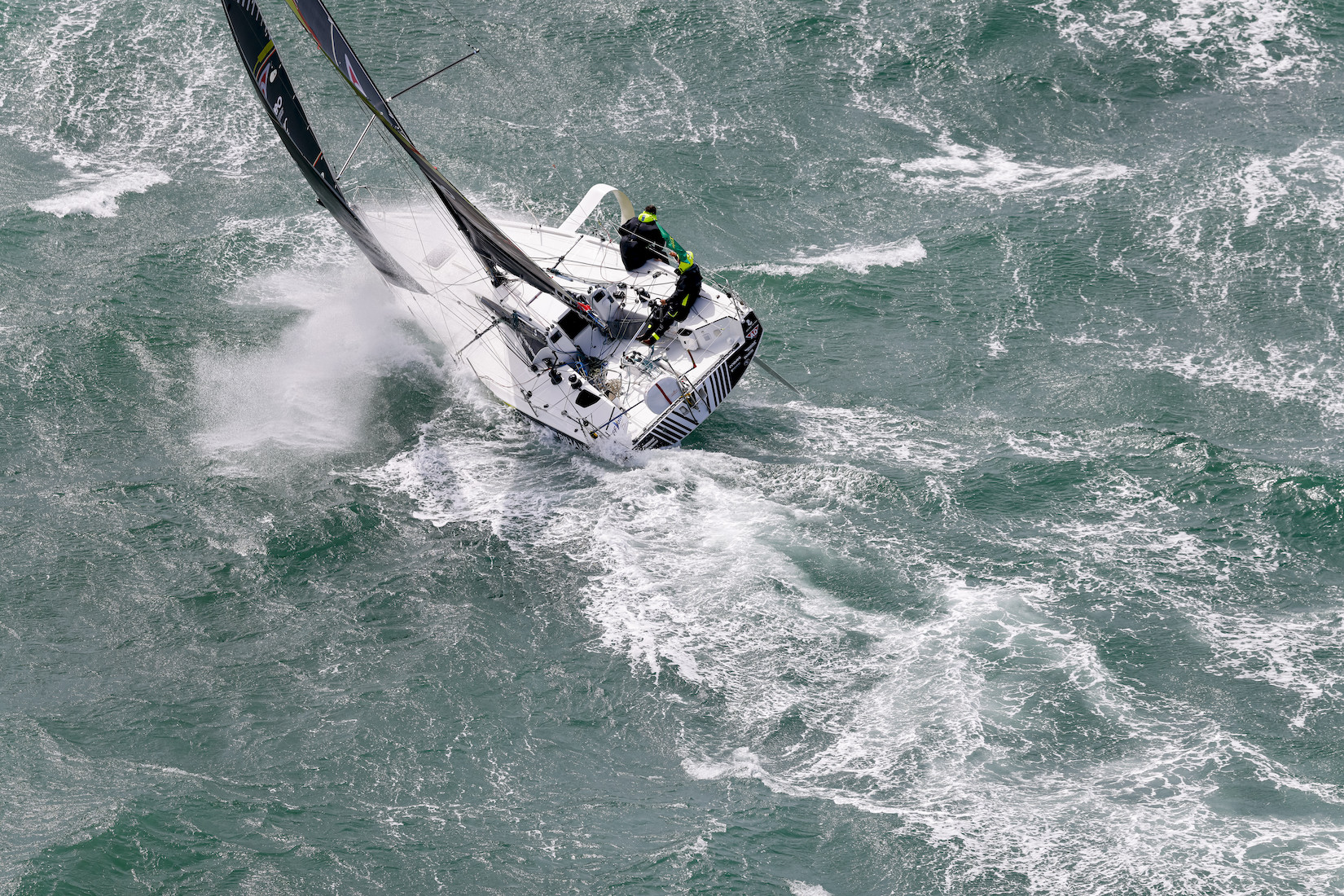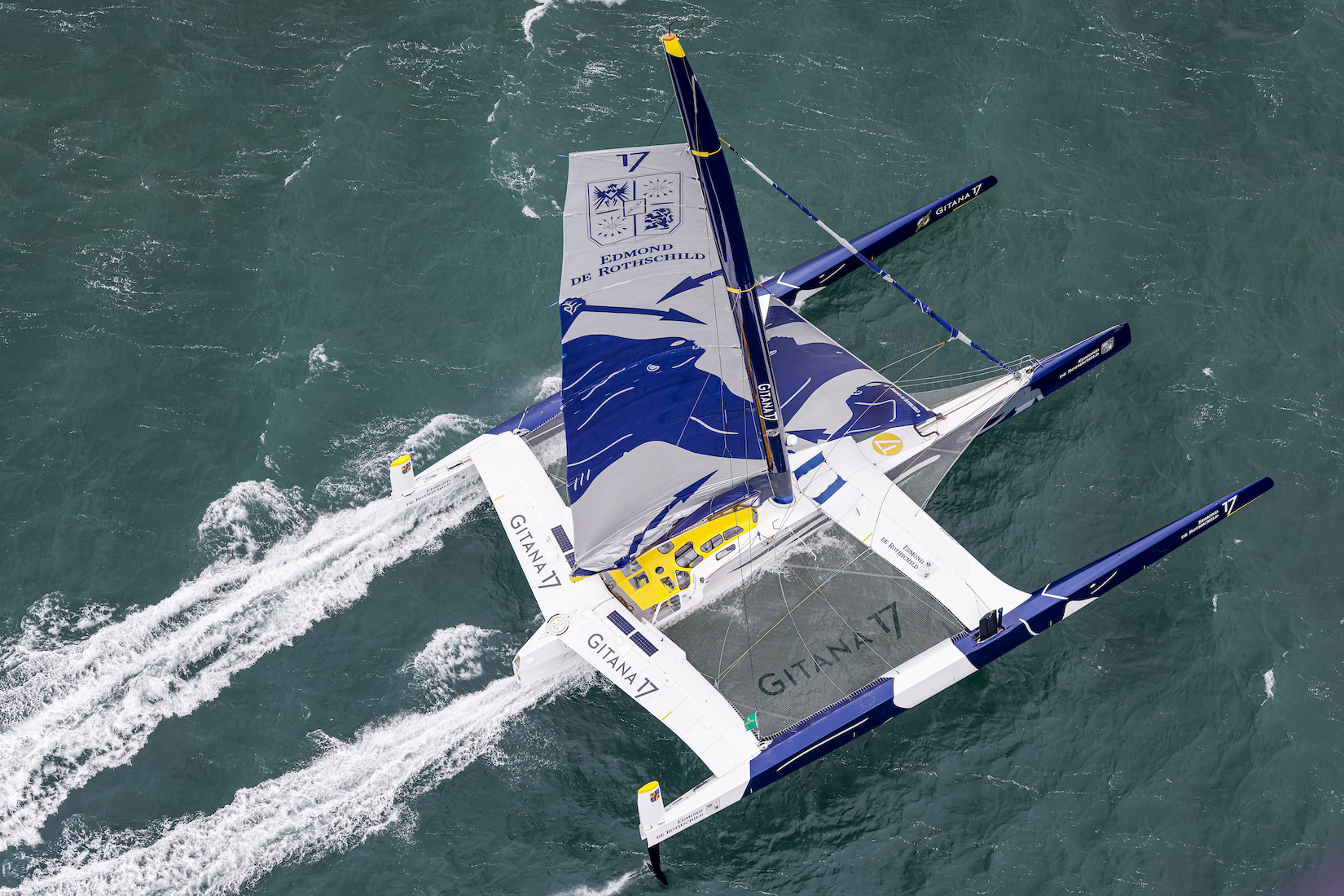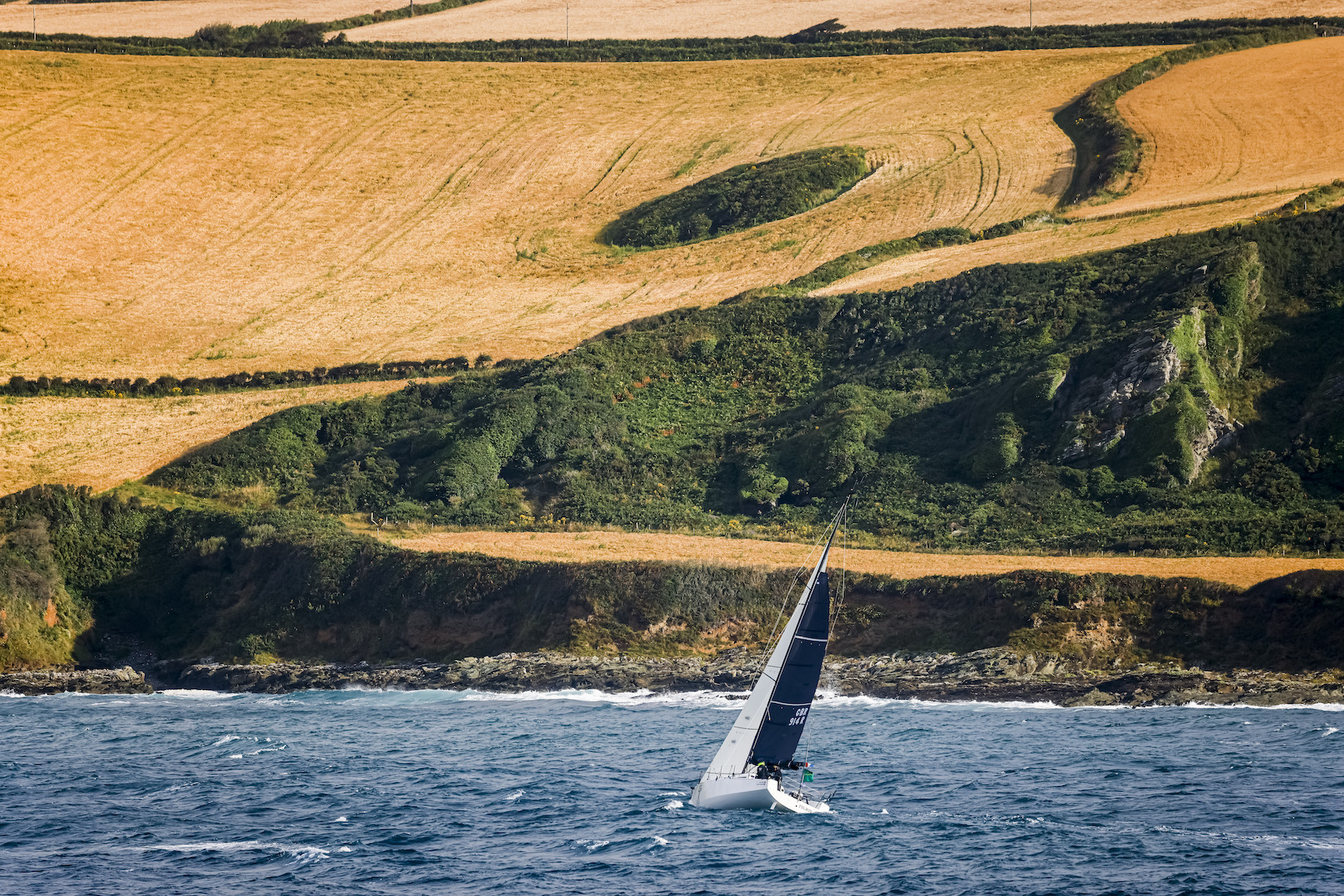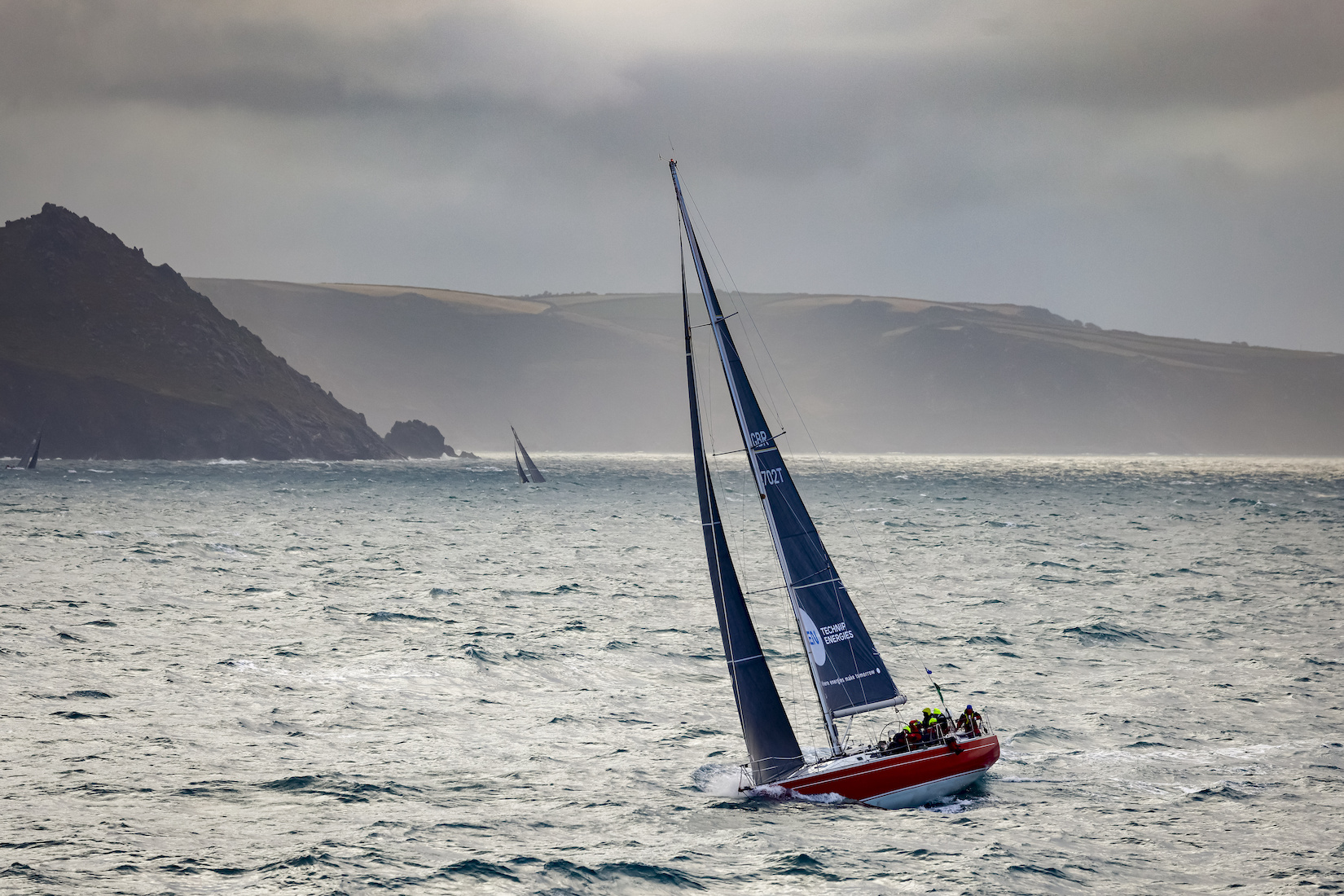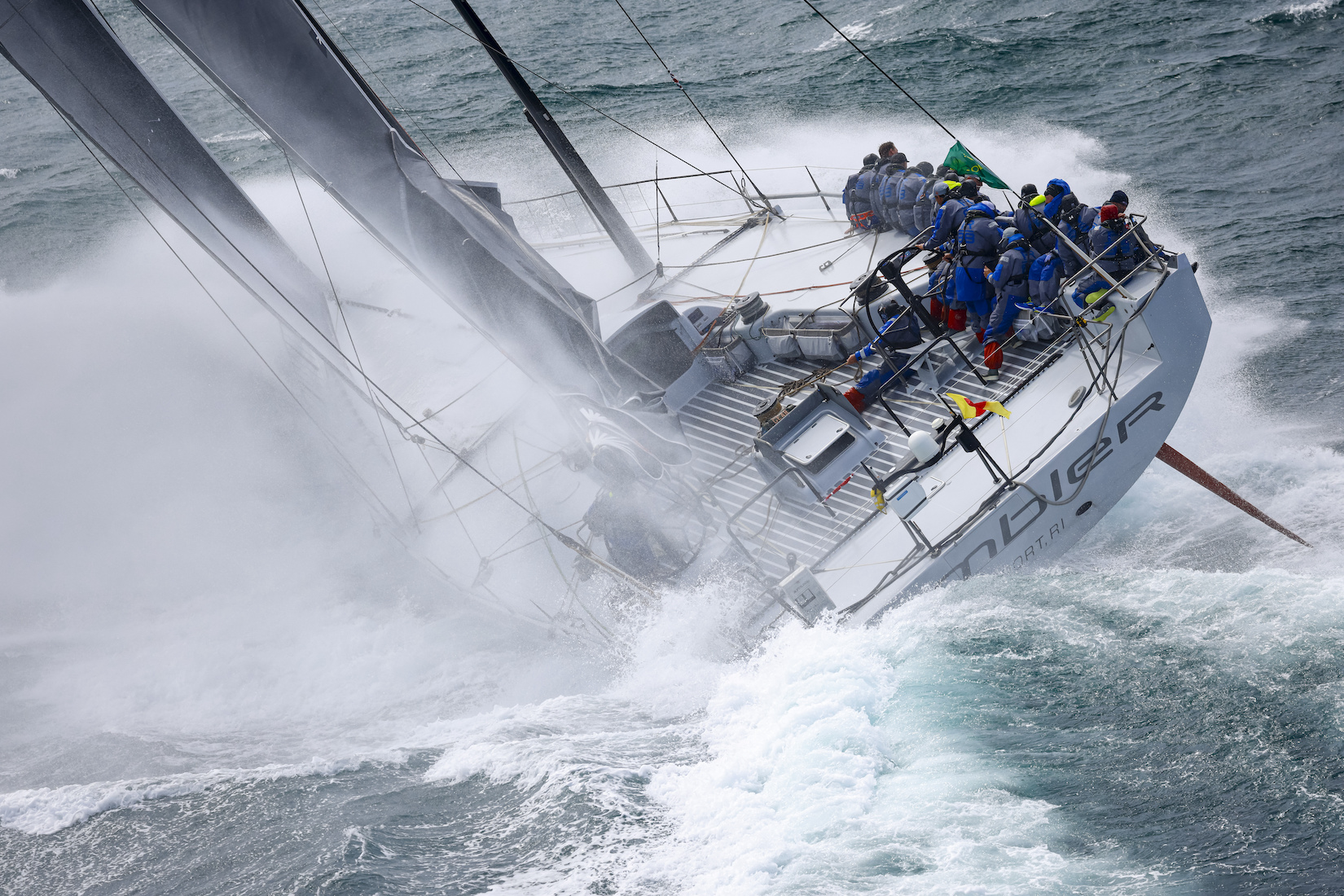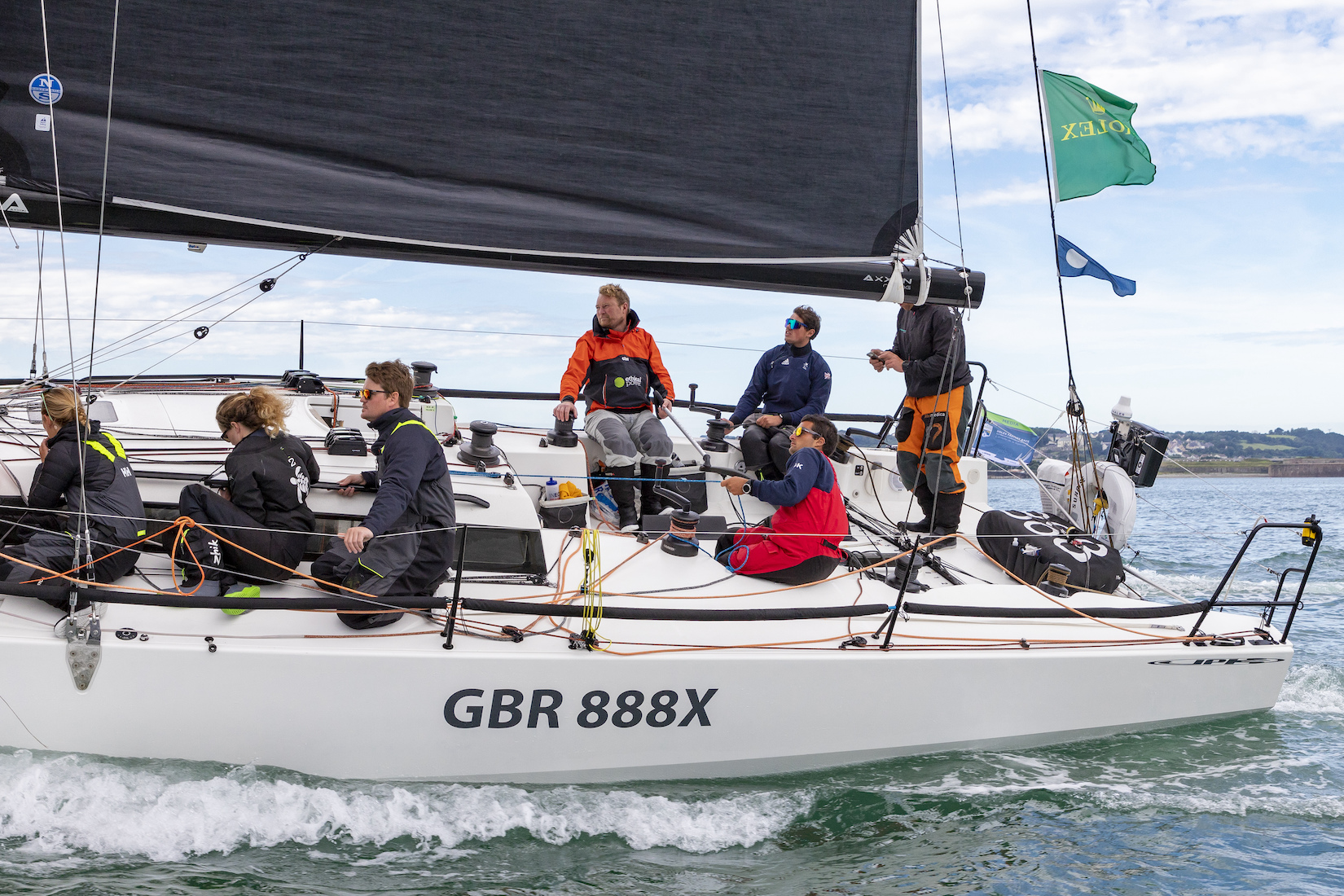Power of the Sun
As the sun sets on the 49th Rolex Fastnet Race, British yacht Sunrise has been declared this year's overall winner.
17 August 2021
Advertisement
Many factors play a part in determining the eventual winner of an offshore race, but the approach is the most decisive. This maxim was never more so than at the 2021 Rolex Fastnet Race, where the young crew of the British yacht Sunrise demonstrated the tenacity, skill and moments of inspired intuition required to outperform the opposition at one of the sport’s greatest challenges of human endeavour and resilience.
Significantly, for the first time in its almost 100-year history, the 695 nautical mile race did not end in Plymouth, but Cherbourg – a decision tied to COVID-19 and one that added 87 nautical miles and its own fresh tide of complexities.
Commencing on Sunday 8 August, the 49th Rolex Fastnet Race comprised an array of professionally-crewed maxi trimarans to an amateur-adjacent array of Corinthian yachts. A collection that, while exhibited diversity, didn’t lack discipline.
With the first day seeing a fierce south-westerly, gusting 30 knots and a building sea state, the Rolex Fastnet Race began as something brutal. Evident in the dozen yachts retiring from injury or fatigue.
Advertisement
Leading from the beginning, the first boat to complete the race was the French multihull, Maxi Edmond De Rothschild, in an impressive time of just over 33 hours – the benchmark for the new course. Skorpios, the largest entrant in the fleet at 43 metres, reached Cherbourg some 24 hours later, setting the monohull target time for future races.
Line honours in the Rolex Fastnet Race are significant. It guarantees a place in history; one’s name added to an ever-lengthening list of sailing legends. It is not, however, the most sought-after prize. Winning overall, in the words of Tom Kneen, the owner and skipper of Sunrise, is a “once in a lifetime achievement”.
The crew must work seamlessly to fit together correctly every piece of the three-dimensional jigsaw. A race against time where each decision and manoeuvre requires planning and execution.
According to Kneen, among several critical points, “the Scillies were key”.
“We got there just before the ridge of light pressure. We knew we had to give it everything we had to stay in front of the ridge,” he added.
All their pre-race weather routing suggested Sunrise would get stuck in this zone of light wind. In the end, their hard work paid off as they enjoyed a period of fast reaching that nailed the door firmly shut on their rivals. Kneen honoured the Royal Ocean Racing Club and their partners in Cowes and Cherbourg for putting on the Rolex Fastnet Race.
“Anyone who has managed to arrange an event in this pandemic deserves a medal. The level of complexity is just at a completely different level,” he said.
For nearly a century, the Rolex Fastnet Race has set the highest standards of excellence in offshore sailing. It is a challenge that inspires sailors of all backgrounds. Rolex is proud to support a sporting contest that continues to unite like few others, one that mirrors its own perpetual spirit; humbly adapting to the elements, constantly seeking to improve and summoning one’s deepest resources.
Advertisement
Advertisement
Advertisement


